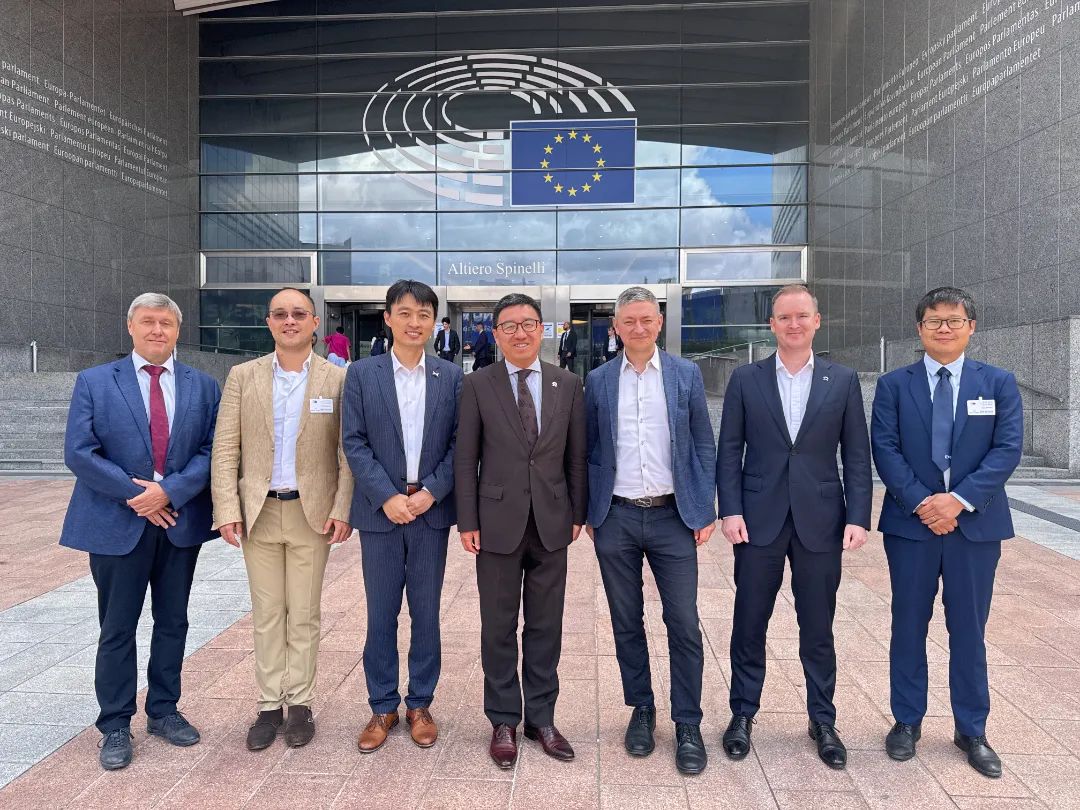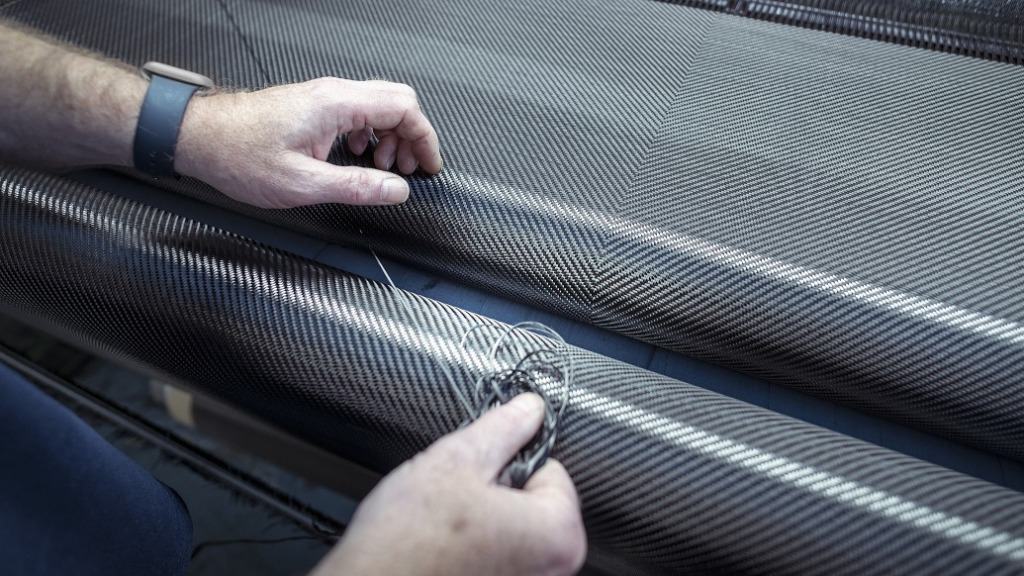
Europe is trying to attract researchers who have lost their jobs or want to leave the United States due to a crackdown by the Trump administration.
According to Science, at a recent meeting held at the Sorbonne University in France, European Commission President von der Leyen launched a new campaign called "Choose Europe for Science" and announced that the EU will add 500 million euros to the budget between 2025 and 2027 to make Europe an attractive place for researchers.
French President Emmanuel Macron also said at the meeting that France will allocate 100 million euros from its 54 billion euro "France 2030" investment plan to attract international talent, and plans to mobilize the private sector and local governments to jointly invest.
"Unfortunately, at the moment, investment in basic, free and open research is being questioned," said von der Leyen. "What a misjudgment." She stressed that Europe has chosen to "put research and innovation, science and technology at the heart of the economy."
Although the specific funding allocation plan has not yet been released, research in multiple fields will receive priority support, including health, artificial intelligence, space, climate, energy, quantum technology, semiconductors, biodiversity, etc.
Von der Leyen also proposed a new seven-year European Research Council (ERC) "super grant" program for "top" researchers to support their long-term planning. She pointed out that by 2027, the ERC will increase subsidies for scholars to move to Europe and set up laboratories - from 1 million euros to 2 million euros.
Since the French online platform "Choose French Science" was launched in mid-April, it has attracted 30,000 visitors from 157 countries, 34% of whom are from the United States. Hundreds of scientists have submitted applications to continue their careers in France.
Although European funds cannot fill the billions of dollars in cuts to the US scientific research budget, some scientists welcome the European move. Alain Fischer, immunologist and former president of the French Academy of Sciences, believes that 600 million euros is "not much, but it is by no means insignificant" and hopes that "other countries can follow suit."
Fischer also praised the political community's firm commitment to scientific freedom and the value of knowledge, saying "these ideas cannot be overemphasized." Von der Leyen said at the conference: "Europe will not compromise on principles. Europe must always be a fertile ground for academic and scientific freedom."
Both leaders acknowledged that the European scientific research system has serious bureaucracy and the lag in the commercial application of basic research. Macron pointed out: "Over the past 30 years, the efficiency of the American model has far exceeded that of Europe."
Mona Nemer, chief scientific adviser to the Canadian government, believes that there are still major obstacles to making Europe's research model as "flexible" as North America. She suggested that Europe "come up with a holistic approach to the research ecosystem" and warned that "if there is insufficient investment in infrastructure, it will not be effective to attract talent with money alone."
(Original title: "Europe pledges to invest 600 million euros to attract foreign scientists")


